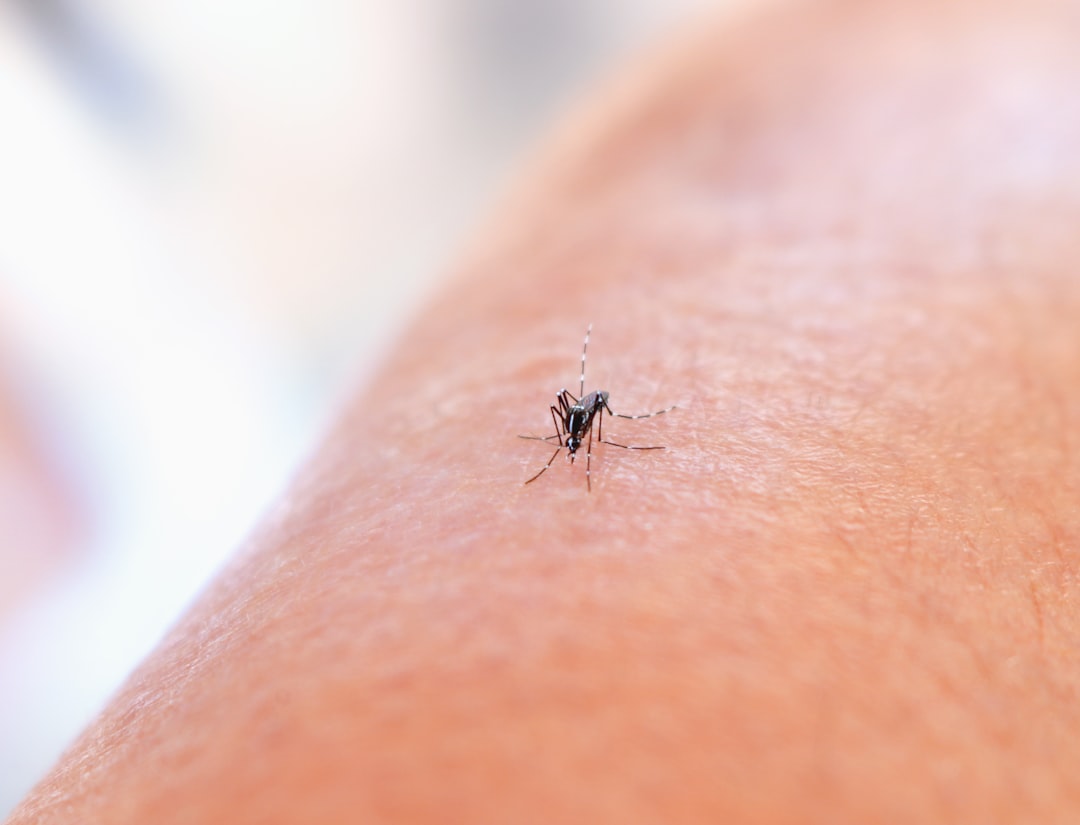Looking for the best mosquito control for yards involves a thoughtful approach that prioritizes the well-being of our environment and all its inhabitants. While it’s tempting to go for chemical repellents for their quick action, their impact on nature, our families, and pets can’t be ignored. There are smarter, more sustainable ways to keep mosquitoes at bay without resorting to harsh chemicals. Adopting eco-friendly strategies allows us to protect our outdoor living spaces from these pests in a manner that’s harmonious with the earth’s ecology. This conscious choice not only helps in managing mosquito populations effectively but also safeguards the health of our loved ones and the future of our planet.
For quick help making your yard mosquito-free, give Kinder Spray a call at (781) 724-2448. Our friendly pros are here to show you the top-notch, eco-safe pest-fighting, and lawn care solutions we’ve got up our sleeves for our neighbors in Norfolk, Bristol, and Middlesex counties.
The ultimate goal is to create outdoor spaces that are welcoming and safe—free from pests but also kind to the planet. Let’s explore these solutions together.
Best Practices for Mosquito Control in Yards
Achieving the best mosquito control for yards doesn’t have to involve harsh chemicals or complex systems. In fact, some of the most effective strategies are also the most natural and environmentally friendly. By focusing on lawn maintenance, water drainage, and smart plant choices, you can significantly reduce the mosquito population in your outdoor spaces. Let’s explore how you can create a yard that’s less inviting to mosquitoes and more enjoyable for you and your family.
Creating a Mosquito-Repellent Garden
One innovative approach to mosquito control is to integrate plants that naturally repel mosquitoes into your garden. Plants like marigolds, lavender, citronella grass, and catnip not only add beauty to your yard but also emit scents that mosquitoes find unattractive. These plants contain natural oils and compounds that serve as mosquito repellents.
- Marigolds contain pyrethrum, an ingredient found in many insect repellents.
- Lavender, with its soothing scent, is disliked by mosquitoes. It’s perfect for planting around seating areas or windows.
- Citronella grass is well-known for its mosquito-repelling properties and is often used in mosquito-repellent candles.
- Catnip has been shown to be even more effective than DEET in some studies, making it a powerful addition to your garden.
Incorporating these plants into your landscaping not only enhances the aesthetic appeal of your yard but also creates a natural barrier against mosquitoes.
Safe Water Features
To keep your garden both gorgeous and free of mosquitoes, pay attention to the safety of your water features. Mosquitoes need water to multiply, so it’s crucial to manage these spots well. If you have garden ponds or bird baths, adding fish that feast on mosquito larvae can greatly reduce their numbers.
Bacillus thuringiensis israelensis (BTI) is another eco-friendly choice. It’s a natural solution that zeroes in on mosquito larvae without harming other creatures or the balance of your garden’s environment. With BTI, you can delight in the peaceful ambiance of your water features without the worry of boosting the mosquito population.
Mosquitoes breed in standing water, so managing water features in your yard is crucial for controlling their population. Here are some strategies to keep water features safe and mosquito-free:
- BTI Dunks: Bacillus thuringiensis israelensis (BTI) is a naturally occurring bacterium that kills mosquito larvae but is safe for pets, birds, and fish. Adding BTI dunks to your ponds or water features can prevent larvae from maturing into biting adults.
- Aeration: Installing a fountain or waterfall can increase water circulation and aeration, making it less appealing for mosquitoes to lay their eggs. Moving water is not a suitable breeding ground for mosquitoes.
- Fish: Certain fish species, like gambusia or koi, feed on mosquito larvae. Introducing these fish to your pond can help control the mosquito population naturally.
- Water Circulation: Ensure that all water features have proper circulation to prevent stagnation. Regularly clean and maintain birdbaths, fountains, and ponds to disrupt mosquito breeding grounds.
By implementing these best practices for mosquito control in your yard, you can enjoy your outdoor spaces more comfortably throughout the mosquito season. The key to effective mosquito management is an integrated approach that combines physical, biological, and botanical strategies. Whether you’re designing a new landscape or modifying an existing one, incorporating these elements can significantly reduce mosquito populations.
At Kinder Spray, we’re dedicated to helping you find natural, eco-friendly solutions for pest control. Our expertise in creating mosquito-repellent gardens and managing water features safely can transform your yard into a peaceful retreat for you and your family. Contact us today to learn more about our services and how we can assist you in achieving the best mosquito control for your yard. Let’s work together to create a healthier, more enjoyable outdoor environment.
Call Kinder Spray at (781) 724-2448 or visit our contact form to kickstart your journey towards a mosquito-free yard.
Photo by Askar Abayev


